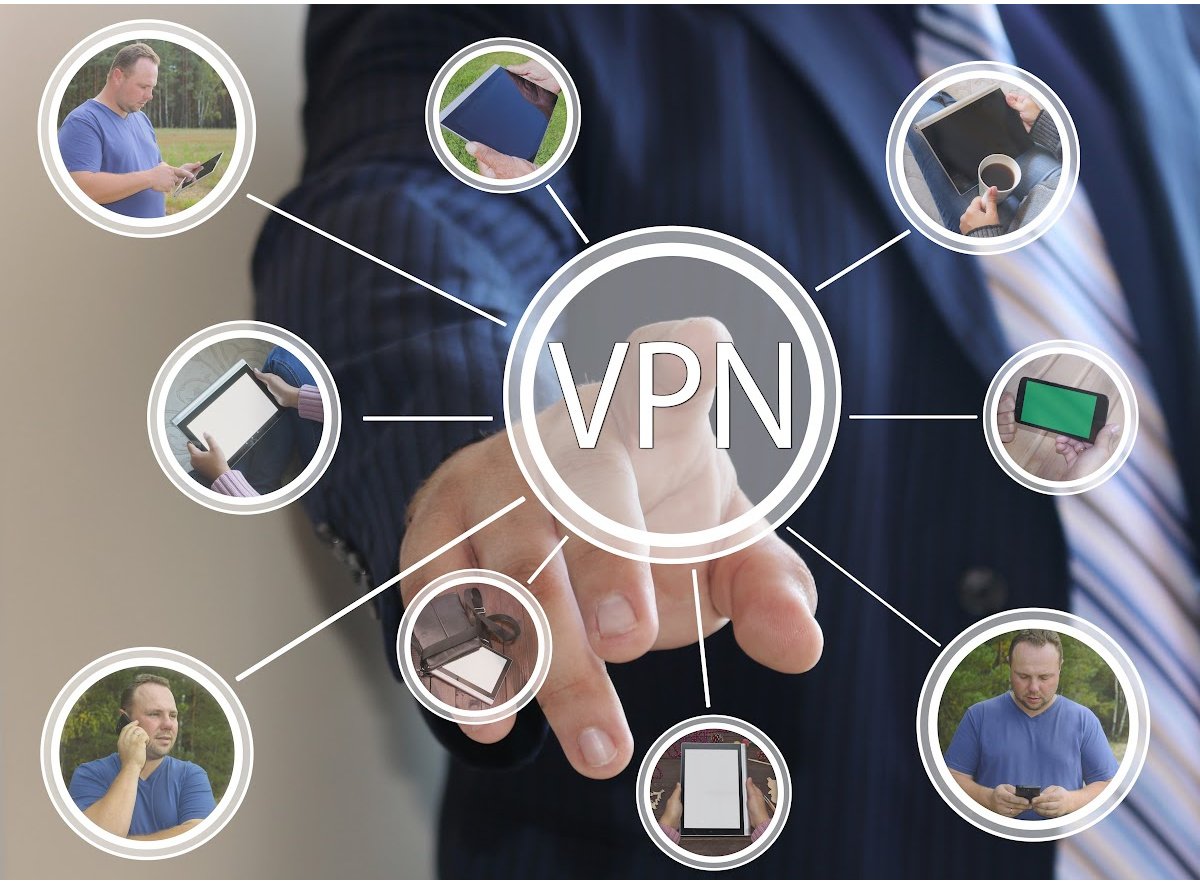If you’re like most people, you probably don’t think about your VPN service and all its bells and whistles all that much. You may know that it’s important for security and privacy, but beyond that…there’s a good chance you don’t know much about what it does and how it protects you. We wanted to take a closer look at what VPN split tunneling is and explore how important of a feature it is if you’re looking for a VPN service. VPN services come with tons of exciting features, most of them your basic internet user would have no clue why or how important they are. While some of them are basic, others are advanced. Some of these options are not available with all VPNs, but one such feature is known as “split tunneling” is quickly becoming a mainstay with VPN services.
What is VPN Split Tunneling and how does it work? Most importantly, do you really need it? We’re going to hit on these questions and try to simplify this amazing feature so you understand a little bit more about what it does. Plus, I’m going to dish on two of my favorite VPN services that have done a masterful job of making split tunneling a core feature in their VPN service.
Everything You Need to Know About VPN Split Tunneling
In the most simplified way of explaining what it is, VPN split tunneling is a feature that allows you to selectively route traffic through your VPN. This can be useful if you want to keep some of your traffic private, but don’t want to encrypt all of your traffic. Below we explain a little more in-depth on what split tunneling is, how it works, and the types of split tunneling you should have a basic knowledge about. We’ll also cover some of the benefits and drawbacks of using split tunneling.
LEARN: Are The Benefits Of VPN Worth It?
What is VPN Split Tunneling?
VPN split tunneling is a feature that can divide your internet. It allows you to send some data through an encrypted VPN tunnel and route the remaining data through an open network. Usually, split tunneling is used to decide which applications you want to secure.
VPN split tunneling can be very useful to keep your traffic private. Its most valuable trait is security. At the same time, you can maintain access to the local network. In short, you can connect to both local and foreign networks simultaneously.
DISCOVER: Should You Use A VPN?
How Does VPN Split Tunneling Work?
Split tunneling helps you control which data you want to encrypt. It also lets you send data faster on the unencrypted network. Here’s how split tunneling works:
Usually, most devices have one direct connection to the internet. It is the single channel to send and receive data. However, VPN helps you secure the connection between your device and server. Therefore, your data is received and sent through the secure VPN server. While your data remains encrypted, VPN can cause your internet speed to slow down as all the data travels through it. This is one of the main drawbacks and the most frequent complaints I hear about VPNs is you sacrifice speed for security.
On the other hand, split tunneling offers two connections simultaneously. You get an open connection to the internet and a VPN connection. This way, your sensitive data is protected, while not affecting your internet speed at all.
Types of VPN Split Tunneling
There are three main types of VPN split tunneling. Each one serves a purpose and is really up to you to determine which one better suits the types of activities you do while using the internet. URL-Based Split Tunneling allows you to choose which URLs to encrypt. App-Based Split Tunneling lets you choose which applications you want to encrypt through a VPN. Inverse Split Tunneling routes all the traffic is automatically sent through a VPN unless you specify.
TRENDING: A Device With Built-In VPN And Monitoring Capabilities?
Why Do You Need Split Tunneling?
There are a couple of really important areas why I think you need split tunneling as part of your VPN. Here are two of the most important reasons why I think split tunneling should be something you prioritize with your VPN service:
Multi-Tasking
Split tunneling helps you increase your productivity. It is a clever feature that allows you to do multiple tasks at the same time. For instance, you can stream foreign content while using services from the local network. Similarly, you can also access network-connected devices, such as hardware, while surfing the internet safely and privately.
Better Internet Speed
Since data is transferred via multiple connections, the internet speed is not slowed down. On the other hand, VPN can drastically affect the speed, even for simple tasks, such as internet surfing. Hence, split tunneling can be a necessary feature if you have slow or mediocre internet.
My Favorite VPNs That Have Split Tunneling
You should really consider a VPN service with split tunneling if you have a slow internet connection. It helps you keep your speed while also offering privacy for selected applications. With that said, here are my favorite VPNs that feature split tunneling as part of their basic package.
Express VPN
ExpressVPN is one of my favorite VPN services. Not only are they a major player in this niche, but with servers located all over the world and unlimited bandwidth, you can’t go wrong! Plus their support has been great too. I’m happy to say that after trying out several competitors’ services it’s nice knowing there’s one provider who will always have an answer for me when I need one fast (and reliable).
Norton Secure VPN
Norton Secure VPN is a great option for those who need to protect their information from hackers. The new Split tunneling feature allows you to choose which data should be secure without losing access to local services. Another awesome security feature includes anonymous browsing with a no-log policy so that things like online purchases are never tracked!




